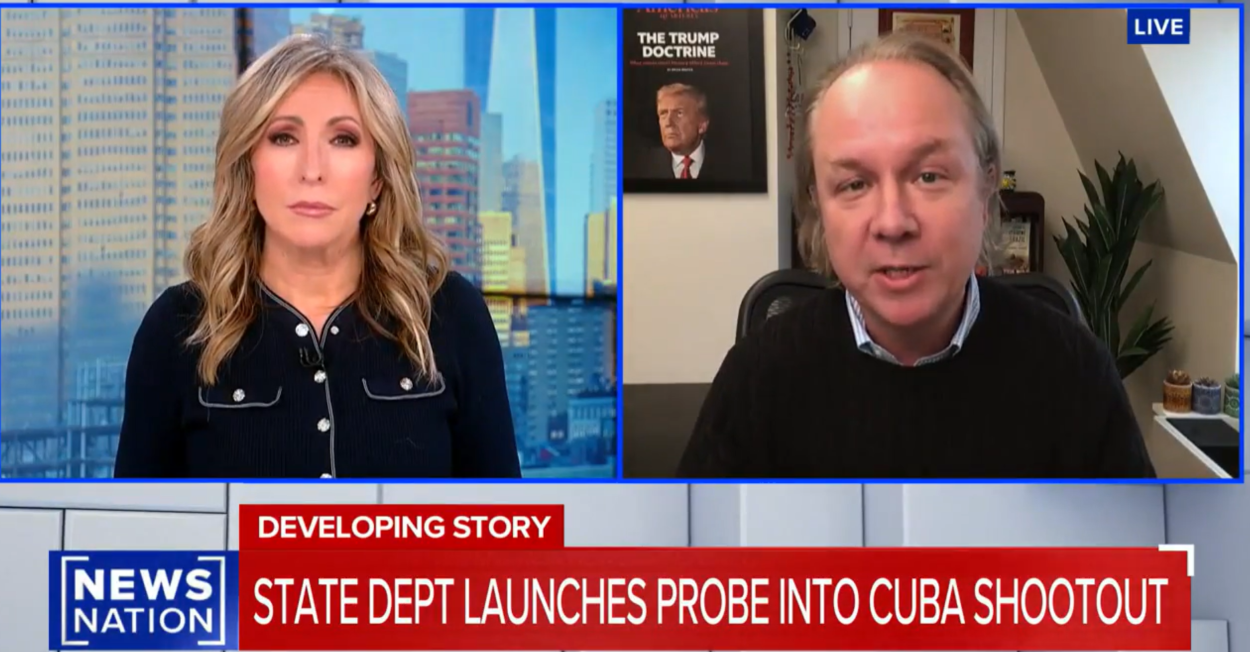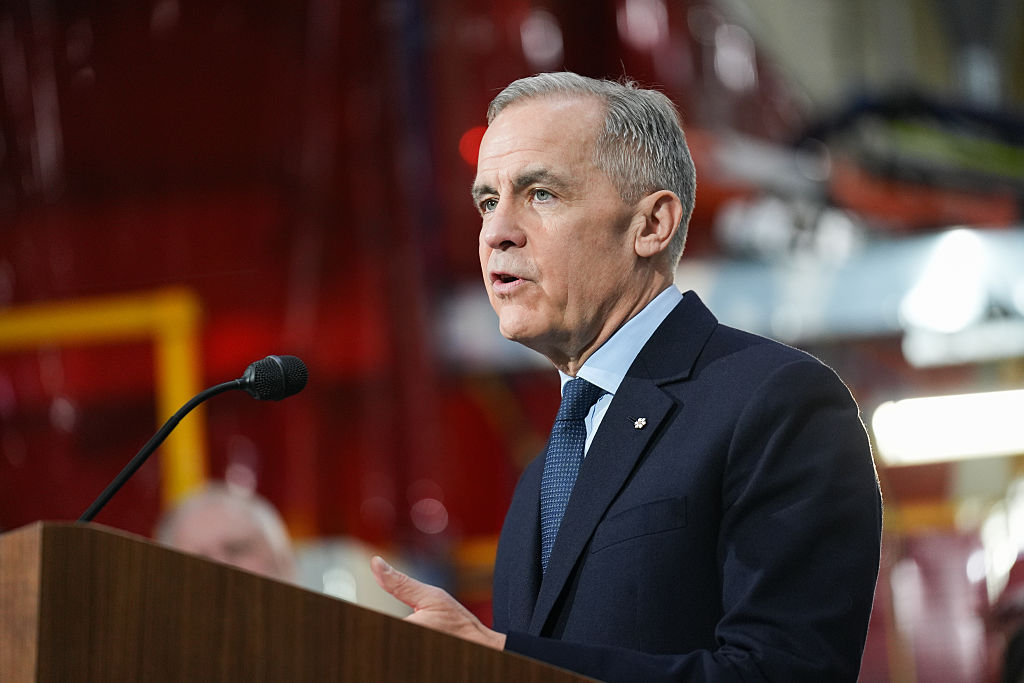Why Do Some Latin Americans Want to Expel USAID?
Why Do Some Latin Americans Want to Expel USAID?
AS/COA’s Christopher Sabatini comments on ALBA’s call to expel USAID delegates from member countries.
Q: The U.S. Agency for International Development, or USAID, is planning to distribute $1.8 billion worth of aid in Latin America and the Caribbean during the next two years, but leftist nations are increasingly at odds with the agency, The Miami Herald reported Sept. 5. In June, the ALBA bloc asked its members to “immediately expel” USAID, alleging that it is trying to destabilize the countries’ governments. And Ecuadorean President Rafael Correa, who has accused USAID of supporting the opposition, has said his government is writing new regulations for the agency. Is USAID, and the U.S. government in general, improperly influencing some countries of the region? Are countries likely to stop accepting U.S. government aid? How important is U.S. aid to the countries of Latin America and the Caribbean today?
A: Christopher Sabatini, editor-in-chief of Americas Quarterly and senior director of policy for the Americas Society and Council of the Americas:
“Ironically, the leaders that are now threatening to expel USAID owe their political success--directly and indirectly--to USAID’s support for democracy and democratic institutions. The political transformation that led to the unraveling of the political class in Bolivia and the arrival of President Evo Morales, for example, started with the 1994 decentralization law that USAID supported the passage and implementation of. Similarly, USAID and the international donor community’s support for electoral reform allowed for popular ballots that led to the elections of Presidents Hugo Chavez, Morales and Rafael Correa--voter preferences that would likely have been quashed decades earlier.
Support for democratic institutions--such as human rights, administration of justice and women’s rights--has been USAID’s mission since the 1990s. That adoption reflected the growing intellectual and international consensus that participation and accountability (democracy) were essential for sustainable, equitable development. While at times (unfortunately) the U.S.’s bilateral support for these fundamental rights and goals became politicized, the truth is that those principles hold true today. Real development--whether it’s improving women’s health, reducing infant mortality, or increasing social mobility--are only possible if citizens have the rights and tools to be able to participate in the decisions that affect them and can hold their public officials accountable.
The fact that governments such as Bolivia’s and Ecuador’s chafe at the international efforts to support independent, pluralistic civil society should say more about these governments’ views of the world and politics than U.S. intentions and policies.
At the same time, increased state assistance from China has made the U.S.’s development dollars much less relevant today. But the loans and grants that China lavishes on the Ecuadoran, Bolivian, Venezuelan, and Nicaraguan governments are not development aid. They are intended to further Chinese commercial interests and are not tied to development concerns—education, human rights, public health. Nor are they—unlike USAID or other development programs—delivered transparently to allow for public scrutiny.
Unfortunately, though, the embarrassingly, paltry sum of $1.8 billion that the U.S. government is allocating to the region makes it much easier to refuse. But that’s a different issue.”








